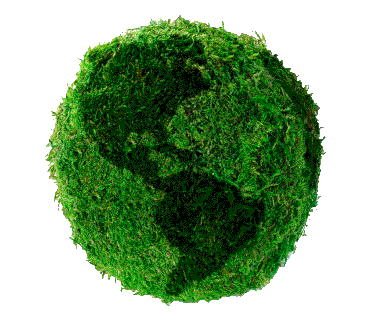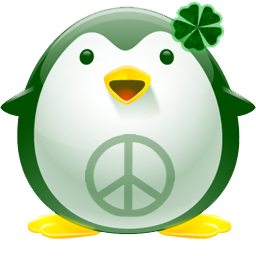 South Africans are getting ready to become the centre of the world albeit for only four weeks. And the locals are pulling out all stops to showcase the mother of all soccer games - the 2010 Fifa World Cup.
South Africans are getting ready to become the centre of the world albeit for only four weeks. And the locals are pulling out all stops to showcase the mother of all soccer games - the 2010 Fifa World Cup.
The games will kick-off in June and end in July with matches being played in different cities. And in true Cape Town style, the games will be full of colour. Cape Town is one of the most beautiful and picturesque cities in the world.
But Cape Town plans not only to showcase its natural beauty, but also to show the world that it can successfully host major events that will also leave a positive environmental legacy. To achieve this, the City is implementing Green Goal Action. It’s the official 2010 Fifa World Cup greening programme, which aims to make the event as environmentally friendly as possible, while at the same time, have good clean fun. And we all know when Cape Tonians have fun they become loud and proud.
So, a Cape Town version of the vuvuzela has been produced for the 2010 Fifa World Cup. The vuvuzela is uniquely South African, and this iconic horn can be heard reverberating all across the country’s soccer stadia. It’s loud, and it’s proud, and it’s an integral part of South African soccer culture. So much so, that a special concession was made to allow it into stadia during the Fifa 2010 Soccer World Cup. It’s much loved, and much hated, and it’s usually made from plastic.
But it is hoped that the latest eco-friendly colourful vuvuzelas, will be loved by all.
The kelp vuvuzelas will be Cape Town’s contribution to the 2010 Fifa World Cup.
And the man behind it? Cape Town Graphic designer and illustrator Adam Carnegie.
He said the idea of making vuvuzela’s for the 2010 Fifa World Cup, stemmed from his son’s school craft project.
“I had to come up with an idea where all the children in the class could participate in a craft project to raise funds at a school fete,” he said.
He had seen the kelp horns before and thought it would be a good project for the entire class to work on.
The vuvuzelas turned out to be a best seller. Within 30 minutes, all 22 vuvuzelas were sold out.
Spotting a good business opportunity, Carnegie seized the moment and formed the Kelp Environmental Learning Project also known as Kelp.
He first started working from his home in Zeekoevlei.
But interest and demand for the environmentally friendly vuvus grew and Carnegie moved his workshop to Imhoff’s Gift in Kommetjie.
Here he employs several unemployed men and women that he has trained to do delicate and detailed painting on kelp horns.
Kelp, collected from local beaches, come in different shapes and sizes. Dried out in the sun, each one is unique. It’s then transformed into colourful masterpieces.
And like many entrepreneurs, Carnegie is hoping to cash in on the 2010 Fifa World Cup.
Adam Carnegie: “I am hoping that tourists will buy these unique works of art and take them home to remind them of South Africa.”
But the kelp project is not only about making money. Carnegie is an environmental activist and is educating others, especially the youth about preserving the environment.
The Kelp project facilitators teach young boys environmental values and crafting skills. And for children who come from a background filled with hardship and rejection “the project gives them a sense of belonging,” Carnegie said.
“People collect dried kelp from the beach and at the same time pick up litter.
“They also deter poachers who illegally remove lobster and perlemoen from the sea,” Carnegie said.
Cape Town Routes Unlimited CEO Calvin Gillfillan has endorsed the kelp vuvuzela saying it would certainly catch the eye of many.
He said he was proud that so many people were coming up with innovative ideas for the 2010 Fifa World Cup.
“With hundreds of thousands of visitors expected to come here, the locals will definitely benefit,” Gillfillan said.
He said that Cape Town was “as ready as can be for the 2010 Fifa World.
“From hospitality to safety and security. Green Point stadium is on track. In fact it will be completed ahead of schedule in mid December,” Gillfillan said.
Green Point stadium is scheduled to host eight games including a semi-final. The South African government has committed more than twenty billion rand to ensuring South Africa is ready to host the 2010 Fifa World Cup. It’s encouraging citizens to find innovative ways of benefiting from the economic opportunities presented by the 2010 Fifa World Cup.


No hay comentarios:
Publicar un comentario